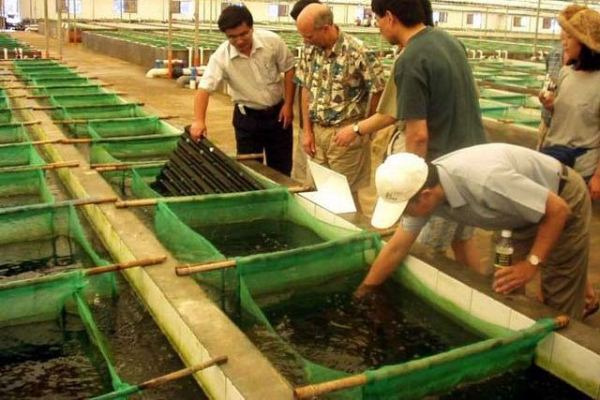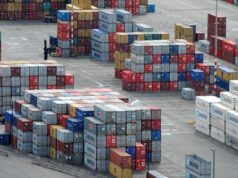Two business groups in a new report expressed concern over the large number of non-tariff barriers (NTBs) in the automotive, agri-food, and healthcare sectors in the Association of Southeast Asian Nations (ASEAN).
The EU-ASEAN Business Council (EU-ABC) and ASEAN Business Advisory Council (ASEAN-BAC) in the joint report launched June 22 aired concern over the slow progress in NTB removal in the ASEAN Economic Community (AEC), and the continued impact this has on holding back intra-ASEAN trade and achieving the full benefits of economic integration.
The report, “Non-Tariff Barriers (NTBs) in ASEAN and their elimination from a business perspective,” examined the prevalence of non-tariff barriers to trade in three key industrial sectors in ASEAN—automotive, agri-food (alcoholic drinks, biscuits and seafood), and healthcare (pharmaceuticals and medical devices).
The report called for faster action in removing NTBs in the region to help ASEAN achieve its objectives as set out in the two AEC blueprints, and the subsequent targets of reducing the cost of trade by 10% by 2020 and doubling intra-ASEAN trade by 2025 as agreed by the ASEAN leaders in 2017.
Under the AEC and the emergence of tariff-free trade, ASEAN’s automotive industry is poised to experience stronger economies of scale and further growth, said the report. “However, the automotive industry is still affected by a broad suite of challenges that prevent the development of a truly integrated automotive industry.”
These challenges are due to controls in the form of quotas and licensing, complex conformity assessment procedures, unique national standards, high taxation regimes, and discriminatory policies favoring local manufacturers, said the report.
The agri-food sector—essential for the ASEAN economy as a driver of food security and a source of export earnings—faces many regulatory and technical constraints.
For alcoholic drinks, opportunities continue to be undermined by high levels of taxation, often associated with counterfeit trade, complex licensing procedures, increasingly burdensome labelling requirements, and marketing restrictions.
Rising income levels across the world provide both the boon of higher seafood demand as well as the challenge for greater food safety standards. “While firms interviewed in the project did not highlight many major obstacles to trade, seafood exporters still face inconsistencies during customs procedures, and strict conformity assessment and product registration procedures,” said the document.
The ASEAN biscuits sector is rapidly expanding as consumption around the world increases. Even in an area of relatively lighter regulation, biscuit makers still struggle with inconsistencies in customs clearance, complicated product registration processes, and national halal certification standards.
On the other hand, fueled by an expanding middle class, a rise in personal income and a surge in private insurance coverage, ASEAN’s healthcare sector is instrumental in meeting the needs of growing middle-income and often aging populations.
However, ASEAN’s pharmaceuticals sector—one of the fastest growing in the world—is affected by an underdeveloped IP regime, inconsistent, discriminatory and opaque government procurement processes, and limited access to the public pharmaceuticals market.
For ASEAN’s relatively new medical devices sector, it faces fewer obstacles, such as new product registration requirements, a lack of access and transparency in public procurement procedures, and issues around halal laws, particularly when some devices cannot meet halal requirements (because they deal with blood products, for instance).
The report set out a number of recommendations to ASEAN, aimed at helping the region accelerate the removal of NTBs.
The report concluded that “absent a much clearer, more sustained and tighter focus on reducing the number and scope of existing NTMs [non-tariff measures] and eliminating NTBs, ASEAN will not accomplish the objectives of the AEC and it will fail to meet the targets contained in the Blueprint 2025. Growth will not be as high as ASEAN Member States could have achieved and much of the promise embedded in the ASEAN exercise will have been lost.”
The report was prepared by the Asian Trade Centre, and commissioned by the EU-ABC and ASEAN-BAC.
Photo: NOAA









